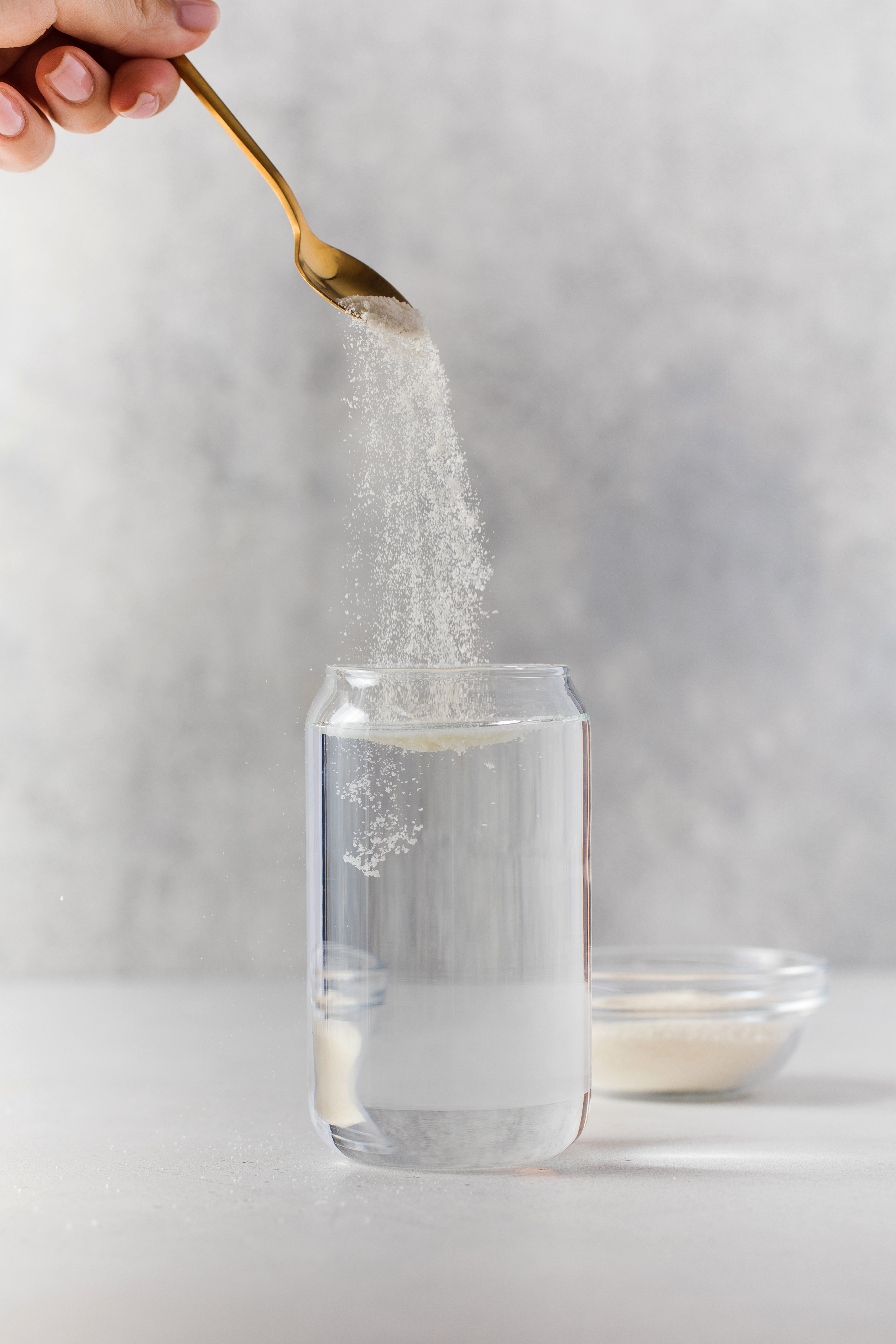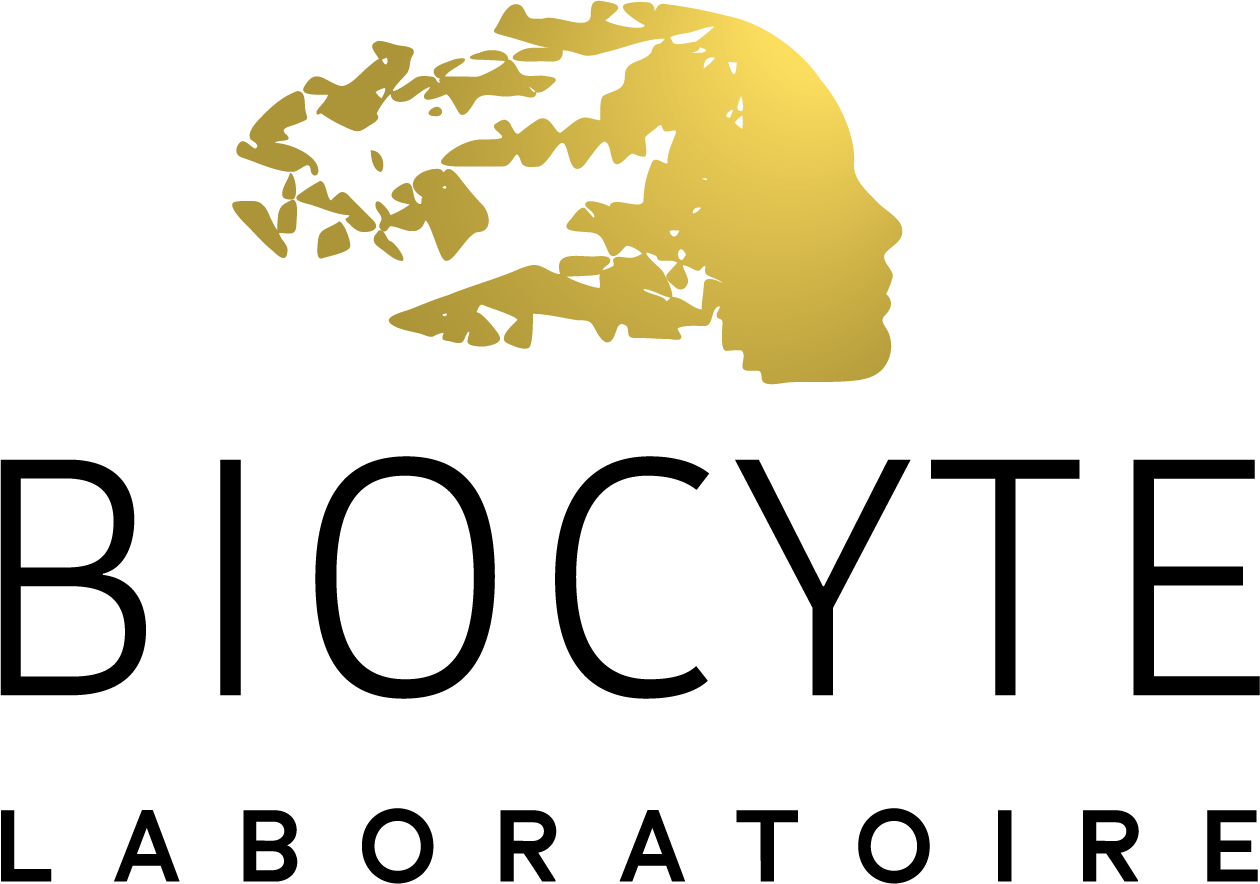
Marine or bovine collagen, which is most effective for healthy skin?
Collagen plays a crucial role in the structure of our skin, connective tissues , blood vessels , tendons, and joints. It is even the most abundant protein in the human body. However, its natural production begins to decline from the age of 25. This phenomenon gradually results in a loss of skin firmness, a decrease in elasticity, and joint stiffness. To support this natural phase, many collagen-based food supplements are now available.
But faced with the proliferation of offers, one question often comes up: which collagen should you choose?
Here is a complete guide to deciphering the different types of collagen, their origin, their form and their properties, in order to guide a choice that is both effective, appropriate and based on scientific evidence.
How to choose the right collagen?
Choosing an effective collagen is based on several scientific and technical criteria , which are essential to understand so as not to rely solely on marketing promises.
Here are the key points to analyze:
- Its origin : bovine or marine (neither is superior to the other, but this may influence your lifestyle or your dietary beliefs).
- Its type : Type I collagen is most present in the skin, tendons, and bones.
- Its degree of hydrolysis : hydrolyzed collagen (between 2500 and 5000 Da) offers optimal bioavailability , facilitating its assimilation.
- Clinical evidence : Not all collagen supplements are created equal. Only those that have undergone serious clinical studies are worthy of consideration.
Hydrolyzed collagen is undoubtedly the most relevant form in a nutricosmetic approach.
Biocyte, a pioneer in nutricosmetics in France , offers collagens from rigorously selected sources, with molecular weights optimized to guarantee their functional effectiveness .
The different sources of collagen
There are two main sources of animal-based collagen used in dietary supplements :
- Marine collagen , extracted from the skin or scales of fish.
- Bovine collagen , derived from beef skin or cartilage.
Each source is rich in types I and III collagen , which are essential for overall skin and joint health . Their effectiveness depends more on their hydrolysis quality than on their origin. Contrary to some popular beliefs, neither source is inherently superior to the other .
The choice between marine or bovine collagen will therefore depend above all on your personal preferences (particularly dietary), but also on the traceability and purity guaranteed by the laboratory.
The different types of collagen and their role
The human body produces several types of collagen (at least 28), but the most relevant for supplementation are:
- Type I collagen : the most abundant, it forms the structure of skin, tendons, ligaments and bones.
- Type II collagen : found in cartilage, where it supports joint health .
- Type III collagen : found in the skin and blood vessels, where it acts synergistically with type I.
These different types of collagen contain specific amino acids (glycine, proline, hydroxyproline) that play an essential role in maintaining tissue structures. Targeted supplementation can effectively support these functions.
Collagen: in what form?
To integrate a collagen supplement into your nutricosmetic program , several galenics are available:
- Collagen powder to dilute
- Ready-to-use liquid sticks
- Capsules or tablets
The most important thing is not so much the form, but the quality of the collagen used : hydrolyzed collagen between 2500 and 5000 Daltons allows for excellent assimilation by the body. This form of collagen peptides is directly usable by the targeted cells.
The advantage of these peptides? Contrary to popular belief, they can be consumed during meals , which makes them easier to integrate into daily life.
Biocyte, the historic leader in oral collagen , designs its formulas from highly purified peptides, enriched with functional cofactors such as vitamin C, essential for the synthesis of endogenous collagen .
Bovine collagen or marine collagen: which one to choose?
There is no such thing as a better collagen than another based solely on its animal origin. Both sources, when properly hydrolyzed , offer comparable bioavailability .
The main differences are:
- Bovine collagen is often chosen for its biological proximity to human collagen. It has been the subject of numerous clinical publications .
- Marine collagen may have more neutral organoleptic properties (taste, smell) and is often prized by those who do not consume mammalian products.
Ultimately, the best collagen will be one that:
- Which is hydrolyzed between 2500 and 5000 Da
- Whose effectiveness has been clinically measured
- Which fits easily into your lifestyle
- From a trusted laboratory, such as Biocyte, recommended by health professionals in aesthetic and regenerative medicine
Which treatment and which protocol should I use for optimal results?
To obtain an observable clinical improvement , it is recommended to follow a treatment of at least 3 months , even if the first effects on skin hydration and radiance can be perceived from 1 month.
- Take your collagen daily , in a large glass of water.
- It can be taken at any time of the day , including during meals .
- Repeat the treatment several times a year for a lasting effect.
Regular integration into your lifestyle helps support the dermal structure , improve joint comfort , and preserve the quality of connective tissues over time.
Conclusion
Choosing your collagen wisely means choosing a safe, well-tolerated formula whose benefits are validated by science.
At Biocyte, we believe that radiance and youthfulness of the skin, just like joint health , are built from the inside out. Our innovative formulas, developed in line with the latest scientific advances, are part of a holistic approach to beauty and well-being, respectful of the body and its balances.
Because collagen is not a promise, but an evidence-based approach .





